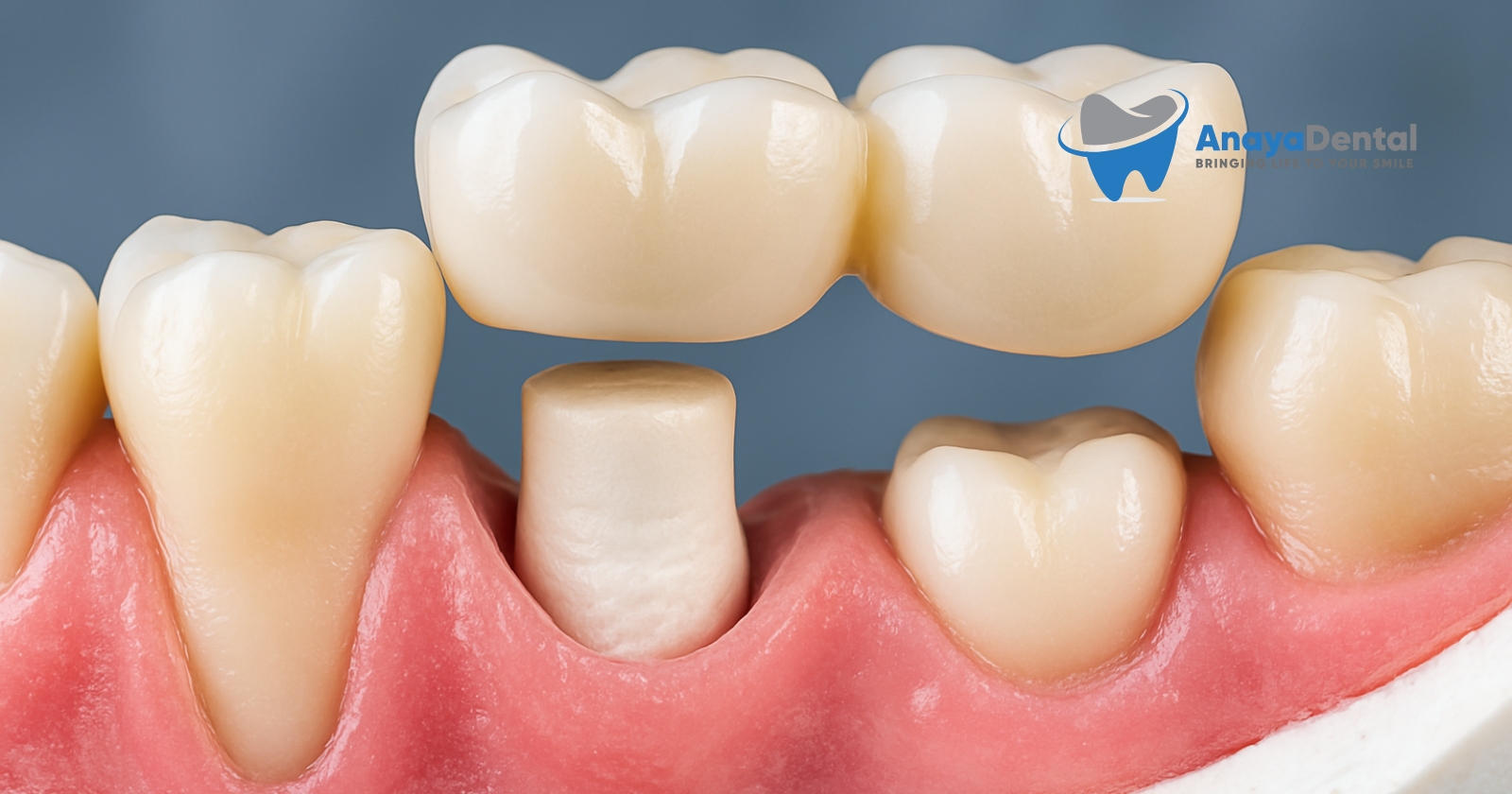What ADA CDT Dental Code is D0180?
The D0180 dental code represents a comprehensive periodontal evaluation for new or established patients. This code is used for an in-depth assessment of the periodontal (gum and bone) health of patients, particularly those with signs of periodontal disease, a history of periodontal treatment, or risk factors like diabetes or smoking.
What Procedure Does D0180 Refer To?
D0180 involves a thorough examination of the gums, supporting bone structure, and teeth to assess periodontal health. The dentist or hygienist evaluates pocket depths, bleeding, recession, and other indicators of gum health. This evaluation may also include diagnostic radiographs and a review of the patient’s risk factors and medical history, allowing for the development of a comprehensive periodontal treatment plan if needed.
Documentation Requirements and Best Practices for D0180
- Record Periodontal Examination Findings: Document pocket depths, bleeding points, recession, and any other indicators of periodontal health.
- Medical History and Risk Assessment: Include details of medical conditions or habits (e.g., diabetes, smoking) that could impact periodontal health.
- Diagnostic Tests: Document any radiographs or additional diagnostic tools used in the evaluation.
- Summary of Findings and Treatment Recommendations: Provide an overview of the periodontal health status and outline any recommended treatments or preventive measures.
How Can I Verify Patient Eligibility and Coverage for D0180?
To confirm eligibility and coverage for D0180, contact the patient’s insurance provider. Many plans cover comprehensive periodontal evaluations periodically or when signs of periodontal disease are present. Coverage details and frequency limitations vary, so confirming eligibility ensures that the patient is informed about any potential costs.
Try Our Dental Calculators
How Should D0180 Be Submitted on an Insurance Claim, and Should a Site Be Included?
Submit D0180 on an insurance claim with documentation of periodontal health needs or risk factors. Including specific indicators, such as inflammation or a history of periodontal disease, can support the claim and clarify the need for a comprehensive periodontal evaluation.
D0180 Dental Code Cost
The cost of D0180 typically ranges from $150 to $300 without insurance, depending on provider and location. Patients should check with their dental office for an exact estimate based on their insurance coverage.
ADA D0180 Guidelines
The ADA recommends D0180 for patients with a history or risk of periodontal disease, as well as those who may benefit from a focused evaluation of gum and bone health. This comprehensive evaluation helps identify periodontal issues early, supporting effective treatment and long-term oral health.
What is the Difference Between D0180 and Other Similar Codes?
| Code | Description | Purpose |
|---|---|---|
| D0120 | Periodic oral evaluation – established patient | Routine check-up for existing patients |
| D0140 | Limited oral evaluation – problem focused | Exam focused on a specific oral issue |
| D0150 | Comprehensive oral evaluation – new or established patient | Full evaluation for new patients or significant health changes |
| D0180 | Comprehensive periodontal evaluation – new or established patient | In-depth assessment of periodontal health and risk factors |
Why Was D0180 Specifically Used for My Treatment, and Are There Alternative Treatments with Different Codes and Costs?
D0180 is chosen for patients who need a comprehensive periodontal evaluation, often due to risk factors or signs of gum disease. Alternatives include D0150 for a general comprehensive evaluation if periodontal health is not the primary focus or D0140 for a limited evaluation of a specific issue. The selection depends on the patient’s periodontal health needs and any symptoms present.
How Often Can You Bill D0180?
D0180 can typically be billed once a year or as needed for patients showing signs or risk of periodontal disease. Insurance providers may have frequency restrictions, so verifying specific billing guidelines with the patient’s insurance plan is advisable.


